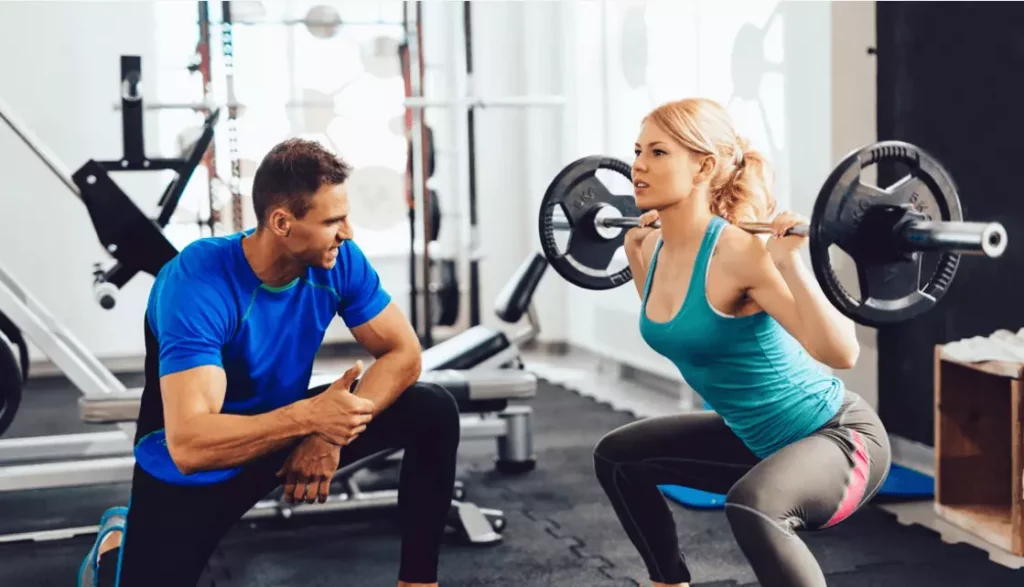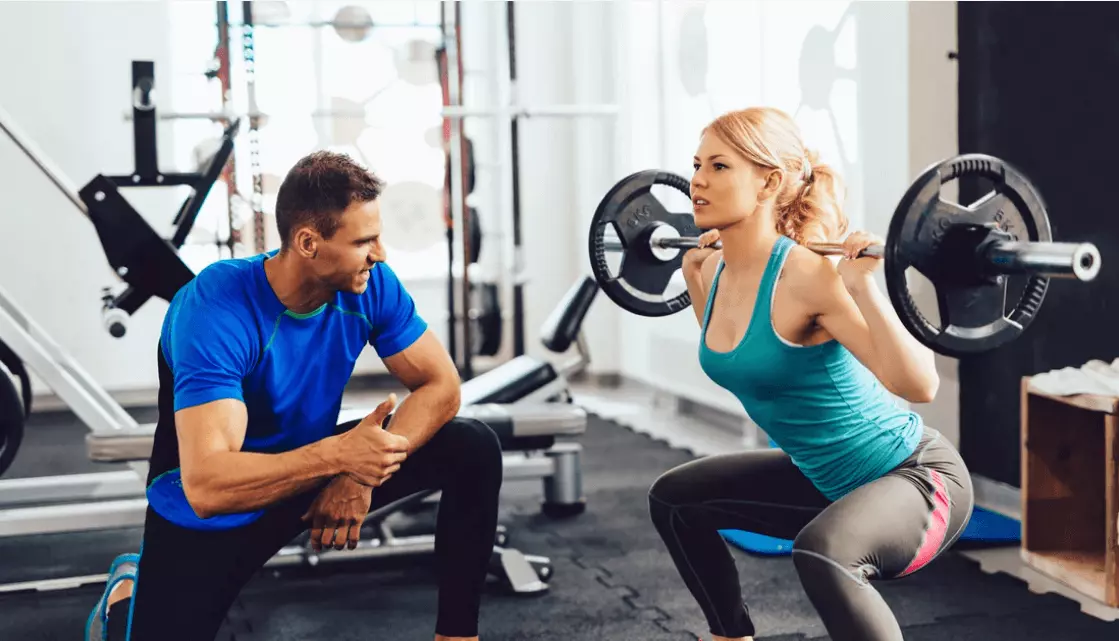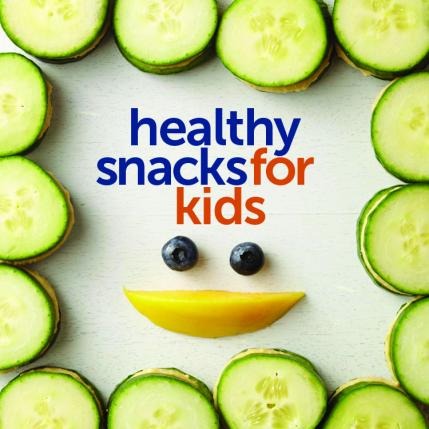Level 1 sports nutrition is the foundation for fueling your athletic performance. Whether you’re a beginner or just getting into fitness, understanding the basics of proper nutrition can make a world of difference. In this blog post, we’ll break down everything you need to know about level 1 sports nutrition in a simple and engaging way. Get ready to power up your workouts with the proper nutrients!

Content
Micronutrients Essential for Athletic Performance
Proper nutrition goes beyond just macronutrients like carbohydrates, proteins, and fats. Micronutrients play a crucial role in supporting an athlete’s performance and recovery. Let’s delve into the key micronutrients that athletes should pay attention to:
Vitamins
Vitamins are essential for energy production, immune function, and overall well-being. When it comes to athletic performance, certain vitamins take the spotlight:
- Vitamin B: Vital for converting food into energy efficiently.
- Vitamin C: Supports immune health and aids in collagen synthesis.
- Vitamin D: Plays a role in bone health and muscle function.
To ensure you’re getting these vital vitamins, incorporate foods such as citrus fruits, leafy greens, dairy products, eggs, lean meats, or fish into your diet.
Minerals
Minerals like iron, calcium, and magnesium are important for athletes due to their various functions within the body:
- Iron: Key for oxygen transport and preventing fatigue.
- Calcium: Crucial for bone strength and muscle contractions.
- Magnesium: Helps with energy metabolism and muscle function.
Including mineral-rich foods like lean red meat or poultry (for iron), dairy products or fortified plant-based milk alternatives (for calcium), nuts/seeds or whole grains (for magnesium) can help meet your requirements.
It is also essential to adopt dietary strategies to ensure sufficient mineral intake by including variety in your meals while being mindful of any specific needs you may have based on factors such as age or gender.
Hydration
Staying hydrated is paramount during physical activity as it affects both performance and recovery. Proper hydration maintains optimal bodily functions:
- Significance of staying hydrated: Ensures efficient nutrient delivery throughout the body while aiding temperature regulation.
Additionally,
- Electrolyte replenishment: Replenishing electrolytes lost through sweat is crucial to maintaining fluid balance. Consuming sports drinks, coconut water, or incorporating foods like bananas and avocados can help restore these vital electrolytes.
maintaining proper hydration levels by drinking fluids throughout the day and listening to your body’s thirst cues is key for optimal athletic performance.
To enhance your athletic performance and promote overall health, it’s vital to prioritize micronutrients such as vitamins, minerals, and hydration. By paying attention to these essential elements, you can fuel your body effectively. To delve deeper into the world of sports nutrition and gain valuable insights, consider exploring a sports nutrition certification from https://www.americansportandfitness.com/products/sports-nutrition-certification. Elevate your knowledge in this field for maximum performance benefits.
Meal Planning Tips for Level 1 Athletes
Proper meal planning is a game-changer when it comes to fueling your workouts and optimizing recovery as a level 1 athlete. Let’s explore some helpful tips to ensure you’re nourishing your body effectively:
Pre-workout Meals/Snacks
What you eat before exercise can significantly impact your performance. Consider the following guidelines:
- Ideal timing: Aim to consume a pre-workout meal or snack about 1-3 hours before exercising, allowing enough time for digestion.
- Composition: Opt for a balanced combination of carbohydrates, proteins, and healthy fats. For example, whole grain toast with peanut butter and banana slices.
Sample options include yogurt with fruit and granola, a turkey sandwich on whole wheat bread, or even a smoothie made with protein powder, fruits, and leafy greens.
Post-workout Recovery Meals/Snacks
Post-exercise nutrition plays an important role in replenishing energy stores and aiding muscle recovery. Consider the following aspects:
- Nutrient timing: Consume a post-workout meal or snack within 30 minutes to an hour after exercise for optimal recovery benefits.
- Examples of post-workout meals/snacks: Some options include grilled chicken breast with roasted vegetables, quinoa salad with tofu or salmon fillet paired with sweet potatoes.
Remember to prioritize protein intake alongside complex carbohydrates to promote muscle repair and glycogen replenishment.
General Dietary Guidelines
In addition to specific pre-and post-workout considerations,
- Strive for balanced eating throughout the day by including ample amounts of fruits, vegetables,
- Lean proteins like poultry/fish/legumes
- Whole grains such as brown rice/quinoa/oats
- Healthy fats from sources like nuts/seeds/avocados
Equally important is portion control – be mindful of serving sizes to avoid overeating or undereating.
By following these meal planning tips, you can provide your body with the necessary fuel before and after workouts, while maintaining a balanced diet throughout the day. Remember, it’s all about finding what works best for you as an individual athlete!
Supplementation for Level 1 Athletes
While a balanced diet should be the foundation of any athlete’s nutrition, supplements can play a complementary role in supporting performance and recovery. Let’s explore the world of supplementation for level 1 athletes:
Overview of Sports Supplements
Understanding the role of supplements is crucial to make informed choices about their usage:
- Role in sports nutrition: Supplements are designed to provide additional nutrients that may not be adequately obtained from food alone or enhance specific aspects of athletic performance.
- Popular types and benefits: Examples include protein powders for muscle repair, creatine for increased strength and power, and omega-3 fatty acids for reducing inflammation.
It’s important to note that while some supplements have scientific support, others may lack sufficient evidence or carry potential risks. Always do thorough research before incorporating them into your routine.
Recommended Supplements for Level 1 Athletes
Certain essential nutrients may require supplementation depending on individual needs and dietary habits:
- Essential nutrients: Vitamin D, omega-3 fatty acids, or iron are examples of micronutrients that might need extra attention in certain cases.
- Safe and effective options: Look for reputable brands with third-party testing certifications to ensure quality control. Additionally,
- Protein powders derived from sources like whey or plant-based proteins can aid muscle recovery.
- Multivitamins formulated specifically for active individuals can help fill nutrient gaps.
Remember, it’s always best to aim for most nutritional needs through whole foods rather than relying solely on supplements.
Importance of Consulting a Professional
Before starting any supplementation regimen,
- Seek advice from a registered dietitian
- Sports nutritionist who can assess your unique needs based on factors like training intensity, goals,
- Dietary preferences/restrictions
They will guide you towards an individualized approach considering potential interactions between supplements and your current diet or medications.
Ultimately, professional guidance ensures you make informed decisions that align with your specific requirements.
Conclusion
Level 1 sports nutrition is the foundation for optimizing athletic performance. By understanding the importance of proper nutrition, including macronutrients and micronutrients, along with strategic meal planning and potential supplementation, athletes can fuel their bodies effectively and support their overall health. So, let’s power up our workouts with the right nutrients and take our fitness journey to new heights!
FAQs
u003cstrongu003eWhat is level 1 sports nutrition?u003c/strongu003e
Level 1 sports nutrition refers to the basic principles and practices of fueling your body for athletic performance. It involves understanding the right balance of macronutrients (carbohydrates, proteins, and fats) as well as micronutrients (vitamins and minerals) necessary for optimal energy levels, recovery, and overall health.
u003cstrongu003eHow is level 1 sports nutrition different from other levels?u003c/strongu003e
Level 1 sports nutrition focuses on the fundamental aspects of proper nutrition for athletes at a beginner or entry-level stage. As you progress into higher levels, such as advanced or professional athletics, more specific nutritional strategies may be required based on individual needs and training demands.
u003cstrongu003eCan I achieve my fitness goals without following level 1 sports nutrition guidelines?u003c/strongu003e
While it’s possible to make progress towards your fitness goals without strictly adhering to level 1 sports nutrition guidelines, incorporating these principles can greatly enhance your performance and overall results. Optimal nutrient intake helps maximize energy levels during workouts, supports muscle repair/recovery, and aids in reaching peak physical condition.
u003cstrongu003eAre supplements necessary for level 1 sports nutrition?u003c/strongu003e
Supplements are not necessarily essential for meeting basic nutritional needs at the level 1 stage. However, they can be beneficial in certain cases where specific nutrient requirements are challenging to meet through diet alone or when seeking an extra edge in performance. Consulting with a healthcare professional or registered dietitian can help determine if supplementation is needed based on individual circumstances.
u003cstrongu003eIs there any room for flexibility within level 1 sports nutrition guidelines?u003c/strongu003e
Yes! Level 1 sports nutrition provides a foundation that allows some flexibility based on personal preferences while still ensuring adequate nutrient intake. While sticking to balanced meals/snacks rich in whole foods is key, there’s room to customize food choices according to dietary restrictions/choices as long as the overall nutritional goals are met.

Kylie Davidson is a health blogger and the founder of her own blog about fitness. She has been blogging for three years now and loves to share what she learns with others. Kylie enjoys reading, cooking, and staying active outdoors.










